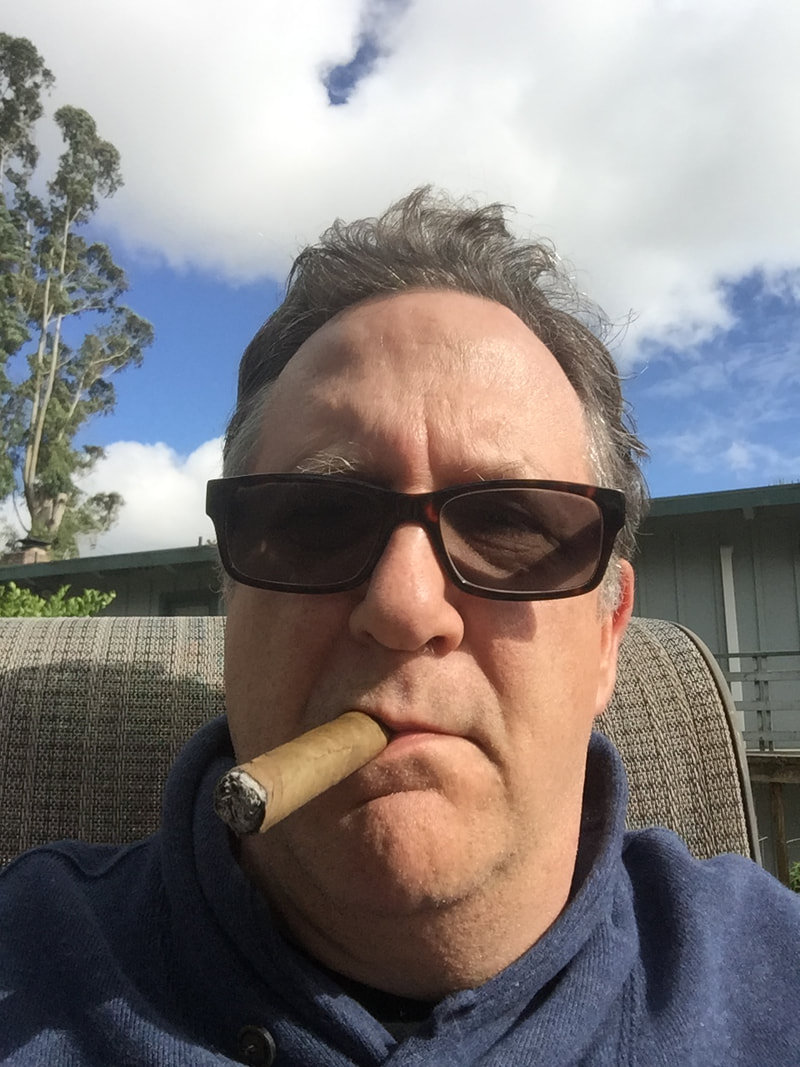J.P. Linde
Writer
J.P. Linde’s love of storytelling started unexpectedly when he convinced male classmates of his 6th-grade class that Elizabeth Montgomery, the star of Bewitched, was his girlfriend. Since that fateful day, J.P. Linde has worked as an actor in summer-stock productions of Our Town, Hot L Baltimore, and The Misanthrope and, thankfully, did not appear nude during any performances of the musical Hair. He was one of the founding members of the Portland, Oregon comedy scene, establishing the improvisational and sketch comedy group, No Prisoners, and appearing in his own one-person show, Casually Insane. He has worked as a professional stand-up comedian, making his national television debut on Showtime’s Comedy Club Network. His musical Wild Space, A Go Go, had its world premiere in Portland at The Embers in 2011. He has written three novels. His latest, The Last Argonaut, will be published in 2024 by Pro Se Productions. He co-wrote the horror cult classic Axe to Grind and has worked with some of the leading producers in film and television.
From J.P. Linde Media and El Dorado Press:
A desperate Wyatt Earp pursues Jack London, a boy and a
grizzled mountain man in a race for a legendary gold mine
Fool's Gold
The new novel from J.P. Linde
A desperate Wyatt Earp pursues Jack London, a boy and a
grizzled mountain man in a race for a legendary gold mine
Fool's Gold
The new novel from J.P. Linde
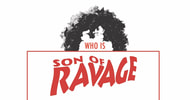

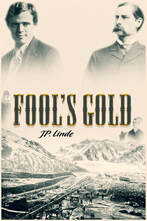

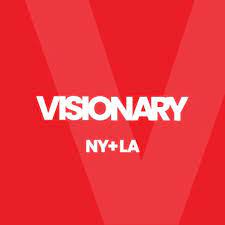
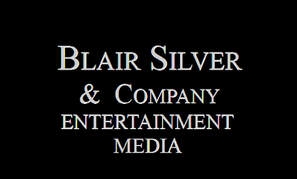
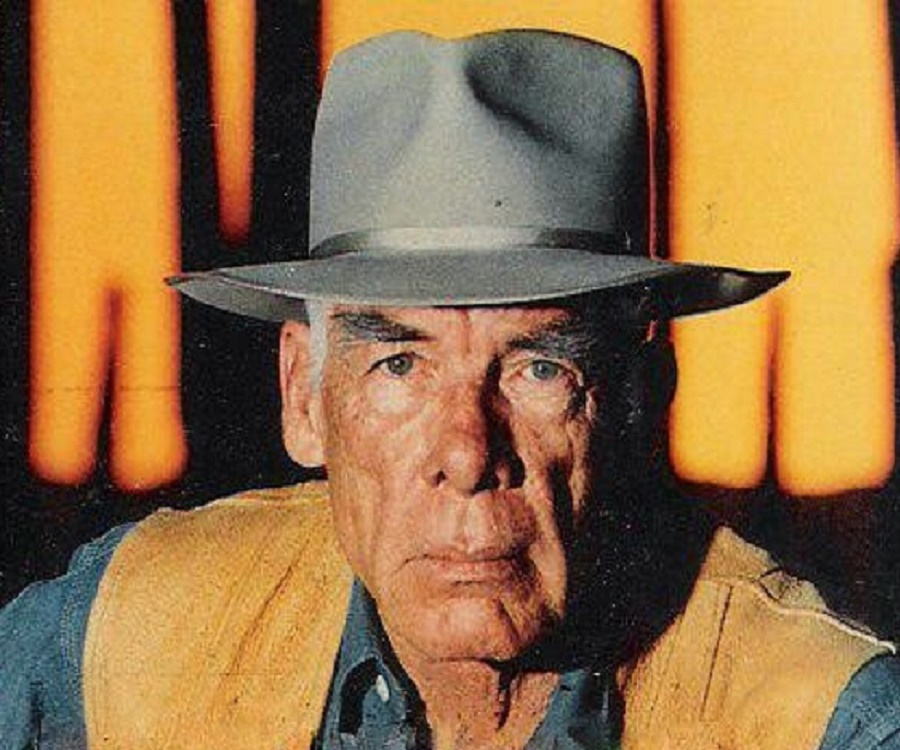
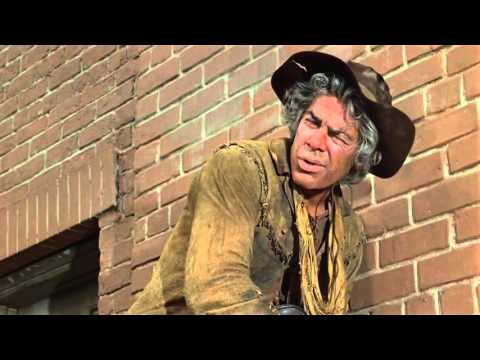
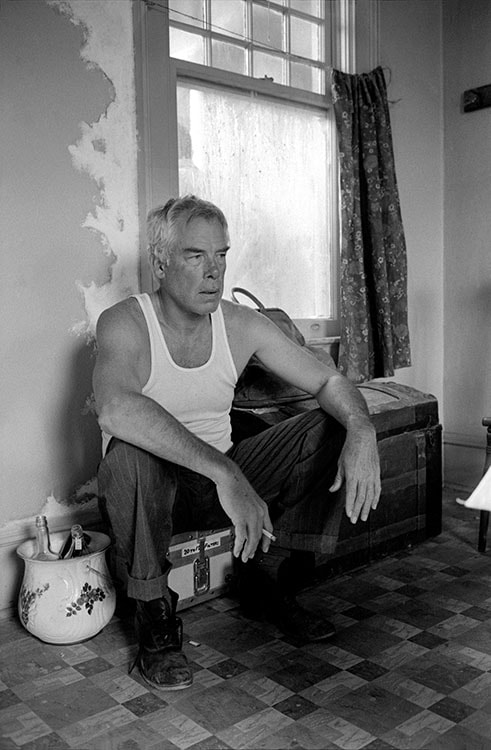
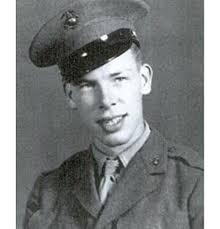
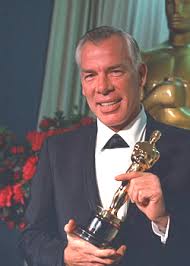
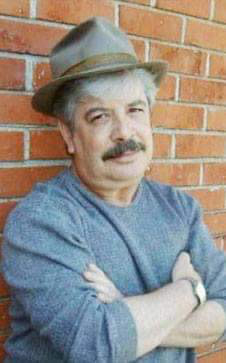
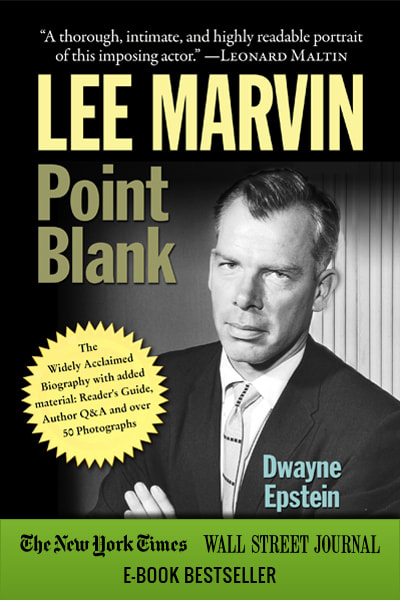
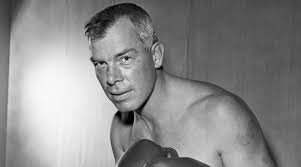
 RSS Feed
RSS Feed
